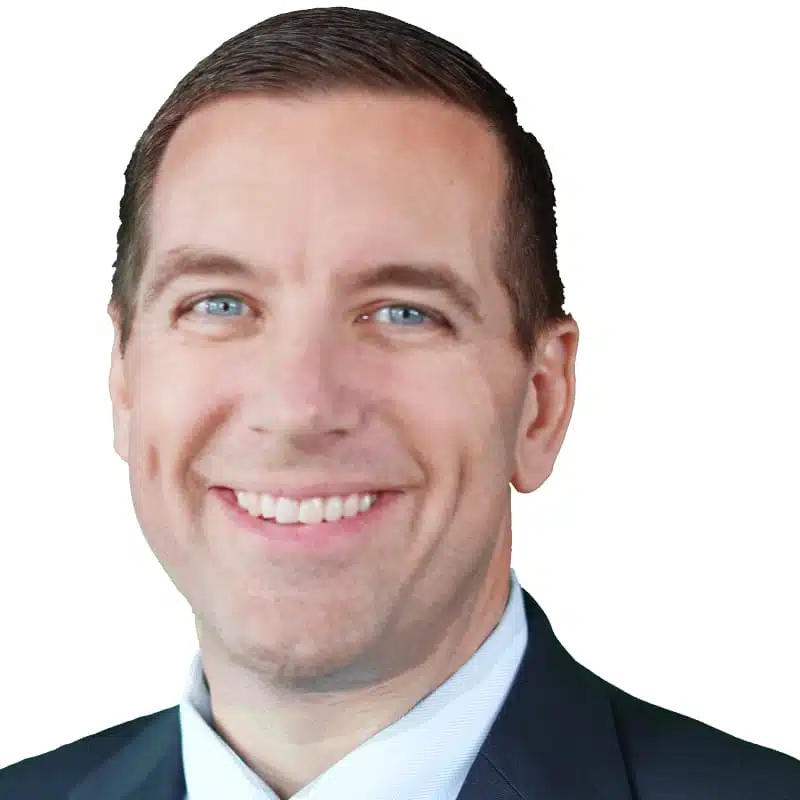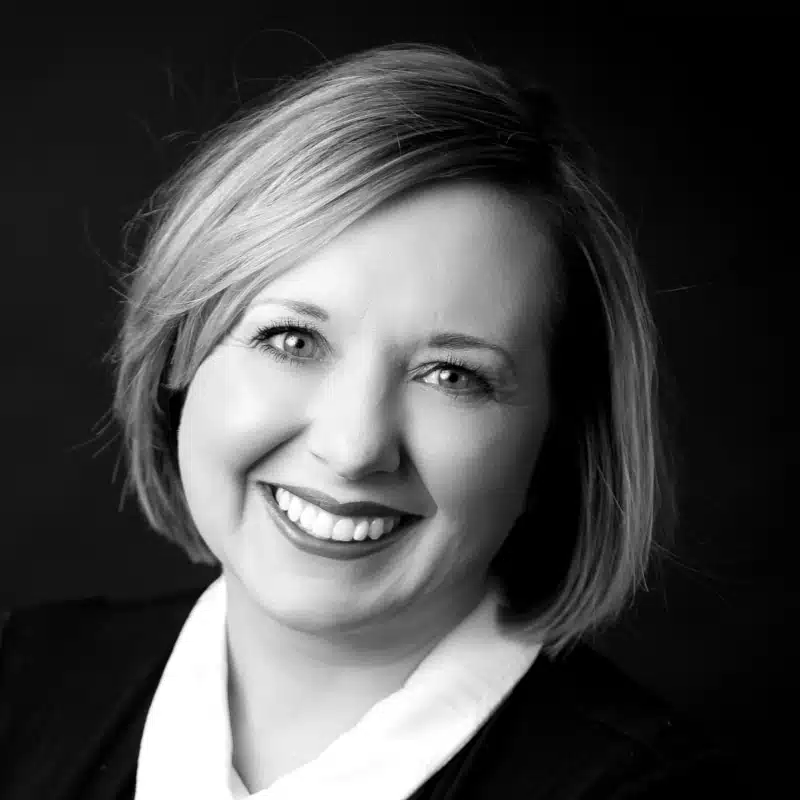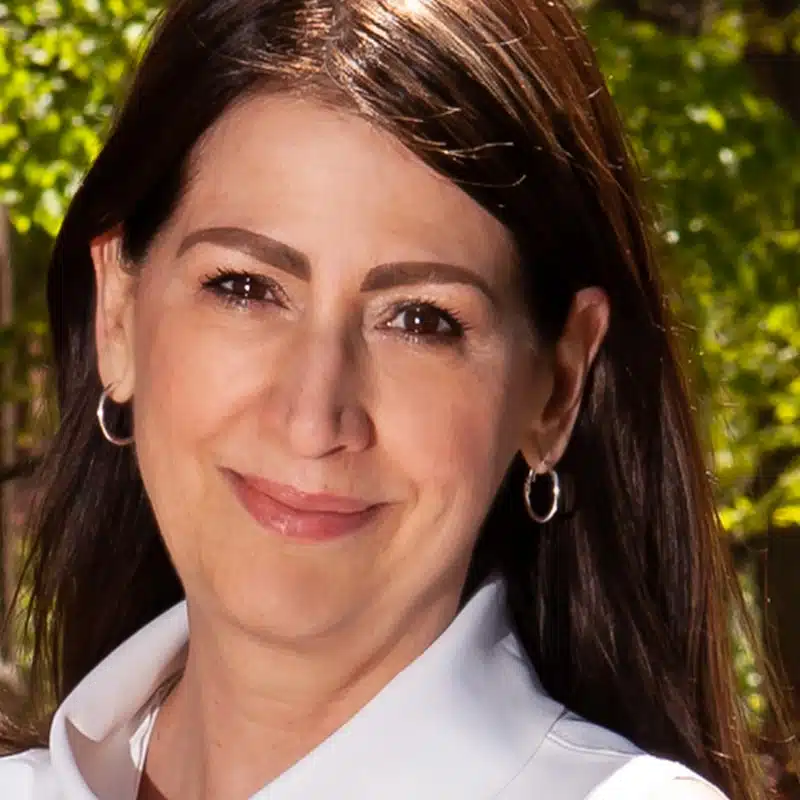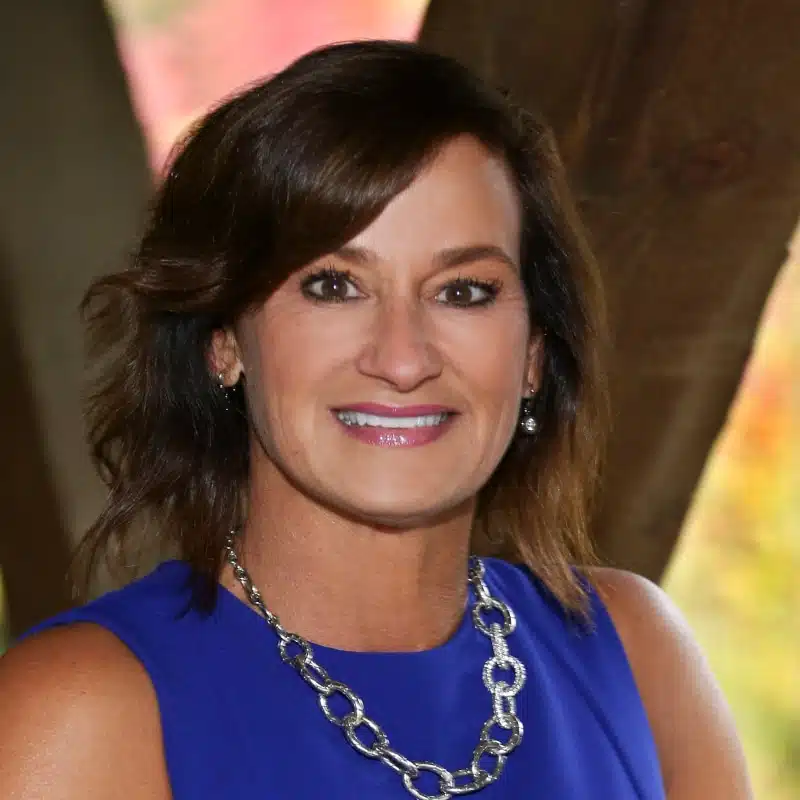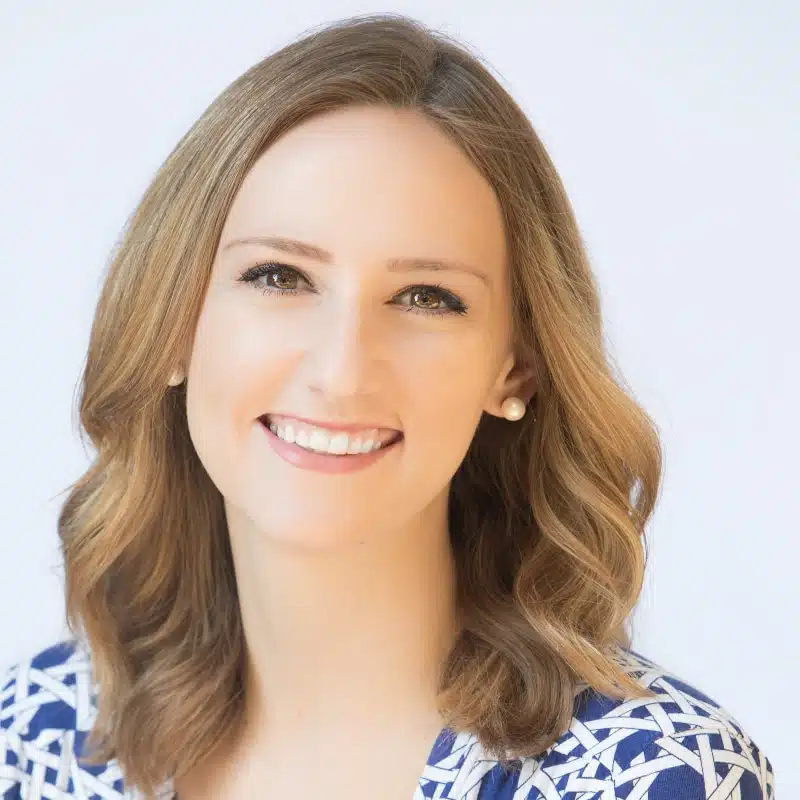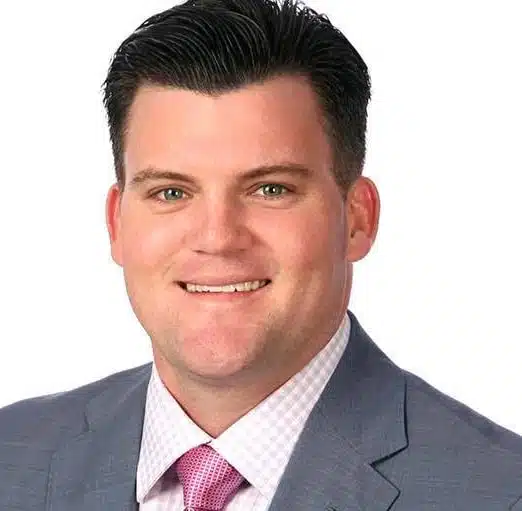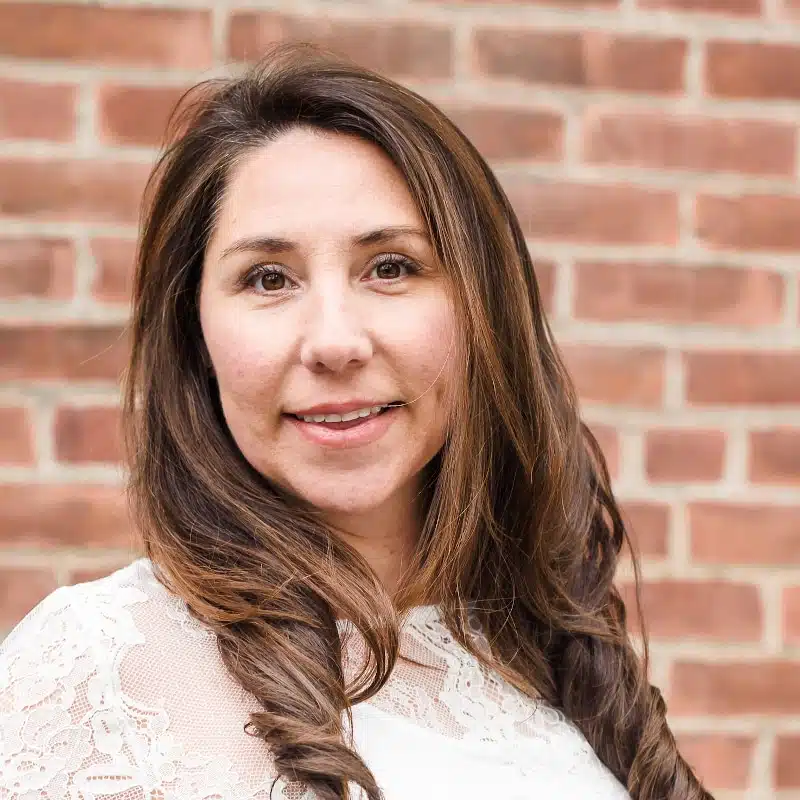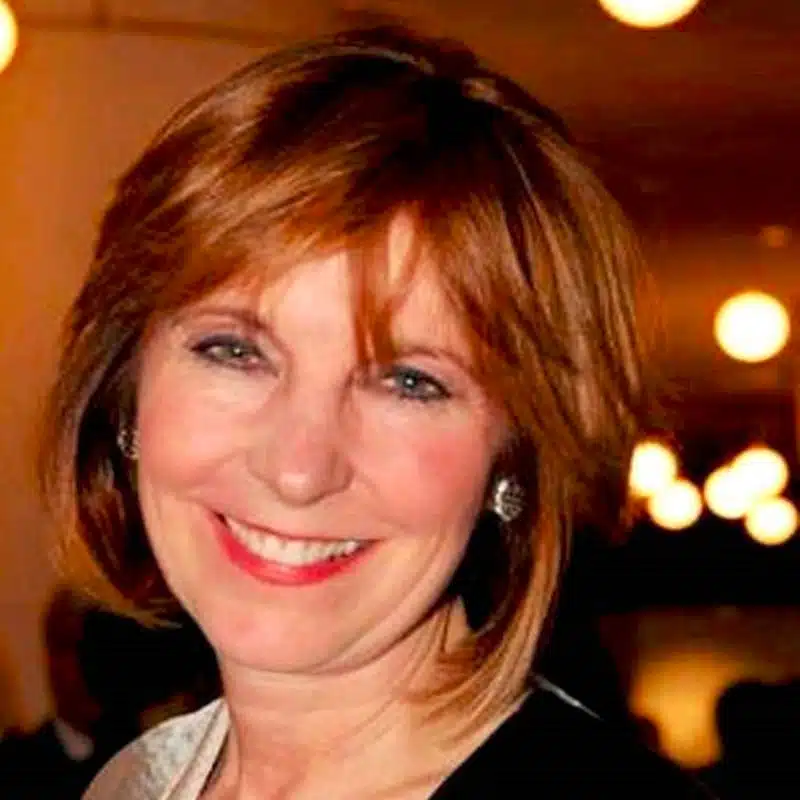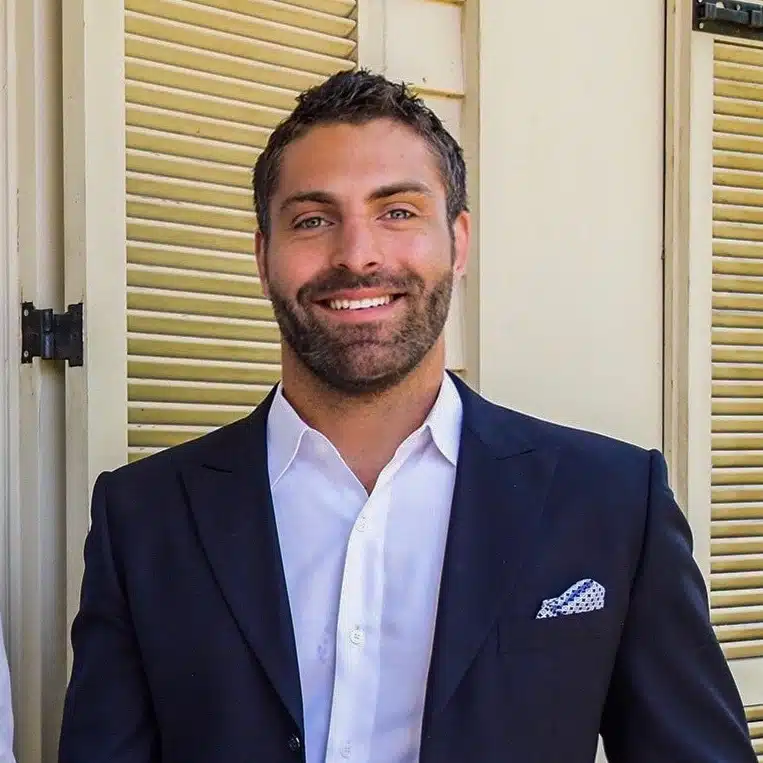In this episode Michael Hellickson, the founder and President of Club Wealth® Coaching and Consulting, talks about the beginning of his career in real estate and how he rose to become a top 1% agent…
In this episode Jamie Hering from The Hering Homes Team with @properties discusses how she began her real estate career which quickly blossomed into top producer status. Jamie reveals why her previous teaching experiences were invaluable in…
In this episode Debra Dobbs of The Dobbs Group with @properties talks about the origins of her real estate career. Debra attributes her success to providing top level customer service to all clients. Specifically she believes…
In this episode Penny O’Brien from Baird & Warner shares how she started her career in real estate seven years ago and she’s grown to one of the top agents in Chicago. She talks about…
Aubrey LaRue, a recipient of NAR’s 30 under 30, values connections more than contracts and transactions. Aubrey’s business goals include creating and fostering community with her clients. She also shares that each week she schedules…
Talbot Sutter from Sutter & Nugent in Palm Beach County shares how he started his career in real estate as a young entrepreneur. Talbot believes that the key to success is to consistently rise before…
Carol Horsford from Farnam Group in New Haven is the most successful real estate agent in Connecticut with respect to leasing. In our conversation Carol shares why she focuses a majority of her business in…
Melinda Jakovich-Lagrange from Compass chats with us about her first experiences in real estate and how she built her impressive career over the past 26 years. She also talks extensively about the importance of giving…
Christine Nieva from Deausen Realty in Washington D.C. was just awarded NAR’s 30 under 30. In this episode Christine discusses how she shifted from a successful career as an O.R. nurse to a full-time real…
In his second interview as a Keeping It Real Podcast guest, Lawrence Dunning from Mainstreet Real Estate Group talks about the importance of learning and how we need to find time to consistently grow our…

